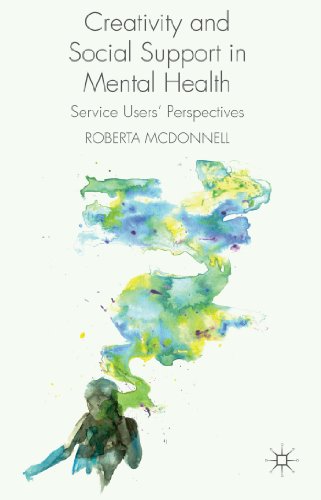An interview with poet Bill McKnight
by Roberta McDonnell for Subliminal Spaces blog.
Belfast poet Bill McKnight has just published his second collection which goes by the intriguing title of Poetraiture. As I suggested in the collection’s Introduction which it was my humble duty and deep privilege to write, these poems paint a portrait in words. Those words are sometimes brief yet are so full of pure, distilled poignancy that you realise he could have written a whole book and not said it any better. His lines resonate and communicate in Bill’s authentic, unique voice, filled with insight, hope and humour.
Poetraiture builds to some extent upon themes of stigmatisation and emotional struggle indicative of the first collection Loud Silence, yet in this second volume there is an expansion and maturation of the poet’s attention and observations. He addresses, with great wit and wisdom, themes around modernity, consumerism, human disconnection and the challenges for us all of authenticity and of ‘being human’ as he puts it. In Soul for example, at the same time as a widow is laid to rest in a damp cemetery,
Downtown, shoppers set the tone, / and ‘jingle bells’ is what the tills are ringing.
I asked Bill what sparked off the impulse to write and compose poetry? ‘It just came out spontaneously’ he told me, and went on to explain that many poems emerged during a period of recovery after a mental health struggle. Poetry is a therapeutic resource, he argues, with much personal experience to back up that claim.
Bill says, ‘It seems to come from the unconscious…or I don’t know where it comes from, it just erupts. But it’s only when I look back at the poems later on and reflect on them that I start to understand what they mean…connecting the dots.’ He continues, ‘My poems are a gift, to myself and to others who might find encouragement in them. They’re like little adverts for people who, for one reason or another, might have a short attention span but a brief affirmation might stick with them. I’d love to see them up on posters around the place to help remind people there’s always hope, no matter how ill you are or have been.’
So, when I ask Bill what he feels the aim of his work is, he has already answered the question, but adds, ‘I want to connect with people and to inspire them with hope for recovery. My aim could be summarised as “Symbolising Hope”.’
On Being Published
Bill: ‘What does being published mean to me? Well, it means getting the message out. Encouraging openness. Letting people know that mental illness need not be the end of the road. I’ve known suffering and the pain of stigma but I also know the reality and joy of healing. My main intention is that people get help and inspiration and overall encouragement from my work.
I have a vision for community mental health with a lot of peer input. Ideally, if my literary work could sustain me financially, my hopes are to help the community in North Belfast, to devote my energies full-time to that work. My vision is for a community mental health resource that supports and affirms people, working at the same time to change hearts and minds in this separated and divided society. I’m interested in bringing people together through integrated programmes of mental health support and peer support.’
What / whom do you like to read?
‘I don’t have a favourite author though I used to like the wit and humour of Spike Milligan. I get so much from a wide range of literature, like psychological books, poetry and stories, in fact I’m currently exploring nursery rhymes, they have so much wisdom in a few short lines.’
What are you currently working on?
‘A humourous collection of poetry in the short-term. In the long-term I’ve ideas and some sketched out plans for a play. I’m also in a period of reflection, looking back over some of my past work and it deepens your insight, then it stirs my imagination and gives me more ideas, like a domino effect. It’s all about making connections…that’s my process…that’s how the creativity works.’
What advice would you give to aspiring writers who hope to publish?
‘Be yourself. Dare to be different. Embrace your unique imperfection. There may be nothing new under the sun but there are limitless ways of saying it and speaking truth. And another thing is: don’t be afraid of nerves or ashamed of being nervous. Face your fears and go past them.’
Wise words indeed. Authenticity is one of Bill’s trademarks. It may not have always been so, in fact he suggests it was not being true to himself that caused a lot of his earlier suffering .
The reason I was ill / was because I was not Bill.
I hope that demonstrates the intensity of the distilled wisdom and insight in Bill’s work. Catch up with Poetraiture for more inspiration, fun and food for thought. Bill’s first collection Loud Silence is worth catching too.
Citations and image from Poetraiture ©Bill McKnight
Article ©Roberta McDonnell




